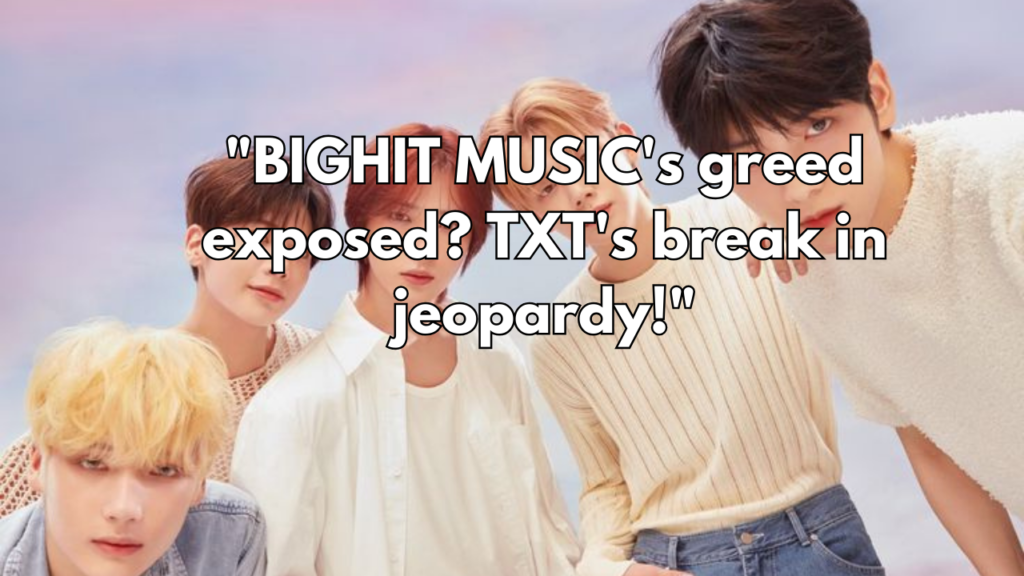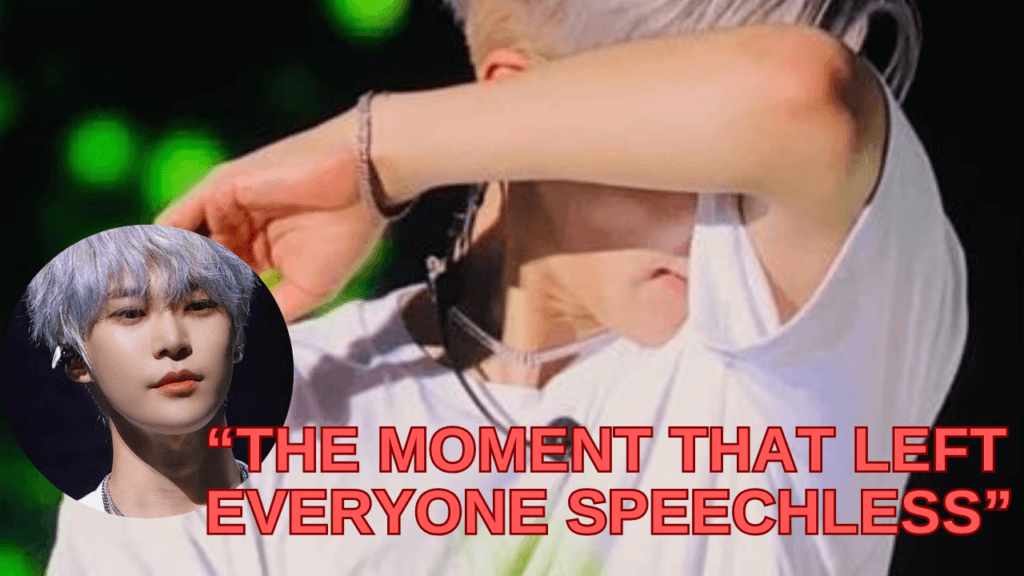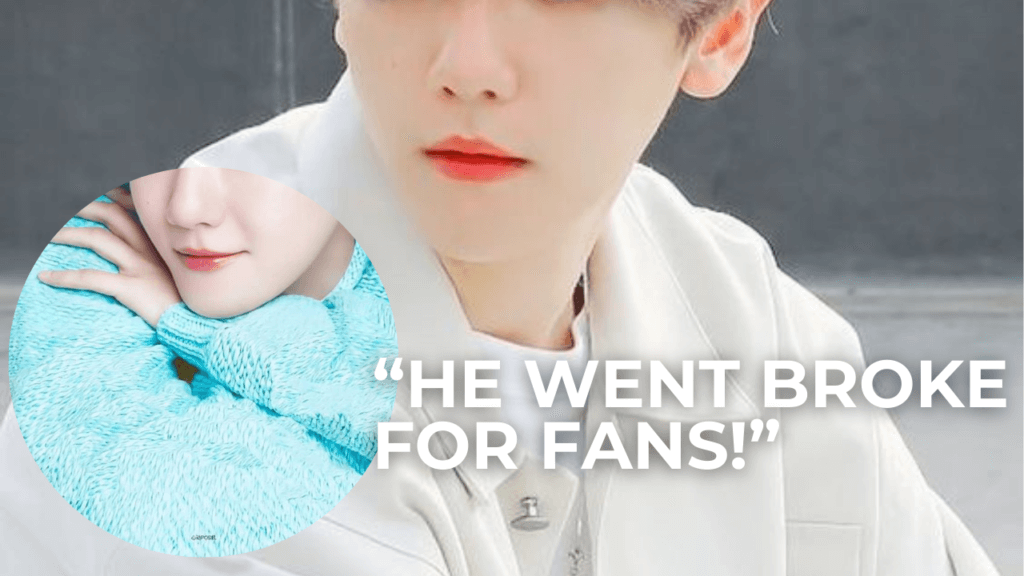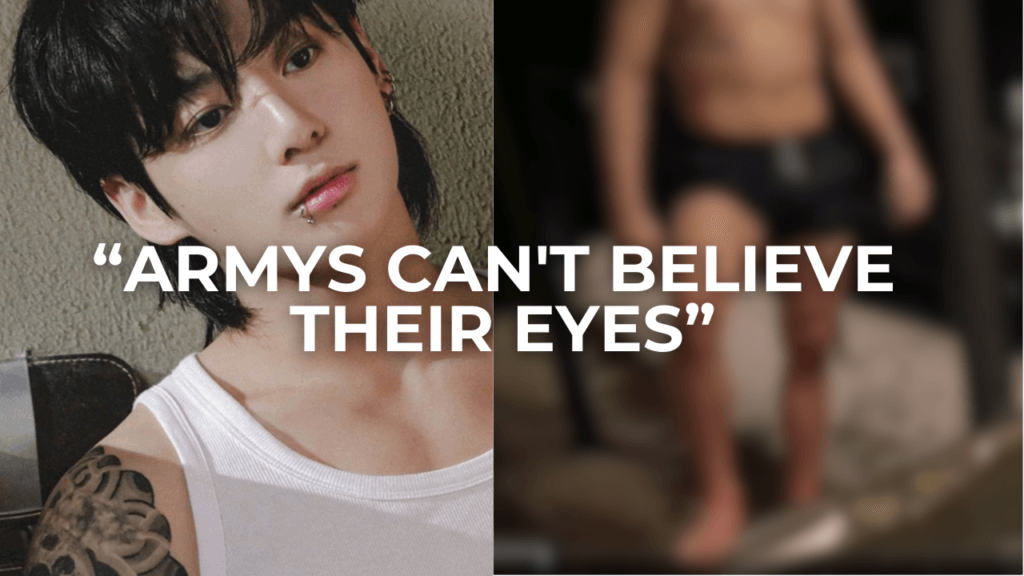LE SSERAFIM BBC Article Controversy Erupts
The LE SSERAFIM BBC article controversy has taken the K-pop world by storm. Recently, BBC News featured the girl group in an article titled “The K-pop band who want to change the industry.” This piece has sparked heated debates among fans and industry observers alike.
Controversial Mentions Raise Eyebrows
The article’s content has drawn criticism for its mentions of former member Kim Garam and fellow K-pop group NewJeans. These references have led to accusations of insensitivity and poor judgment.
Kim Garam’s Departure Revisited
The BBC article touched upon Kim Garam’s brief stint with LE SSERAFIM. It mentioned her appearance on the group’s debut EP and her subsequent departure due to bullying allegations. This reminder of past controversies has reignited discussions among fans.
NewJeans Connection Questioned
Another point of contention is the article’s reference to NewJeans member Hanni’s recent testimony before South Korea’s National Assembly. Some readers felt this mention was unnecessary and potentially exploitative, given the complex relationships between K-pop agencies.
Fans Rally for Accuracy and Respect
In response to the controversy, fans have mobilized to address perceived inaccuracies in the article. They’ve called for updates and corrections, particularly regarding Kim Garam’s situation. This grassroots effort highlights the passionate involvement of K-pop fandoms in shaping narratives about their favorite artists.
Industry Dynamics Under Scrutiny
The LE SSERAFIM BBC article controversy has brought attention to the broader issues within the K-pop industry. It has sparked discussions about how media outlets report on K-pop groups and the responsibility they bear in presenting accurate and contextually appropriate information.
Final Thoughts: LE SSERAFIM’s Journey Amidst Controversy
As the dust settles on the LE SSERAFIM BBC article controversy, it’s clear that the group’s journey continues to captivate audiences worldwide.
Their desire to change the industry, as highlighted in the article, remains a focal point of interest. What are your thoughts on how media should approach reporting on K-pop groups? Share your opinions in the comments below!







